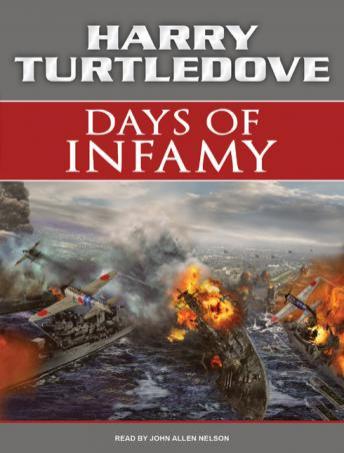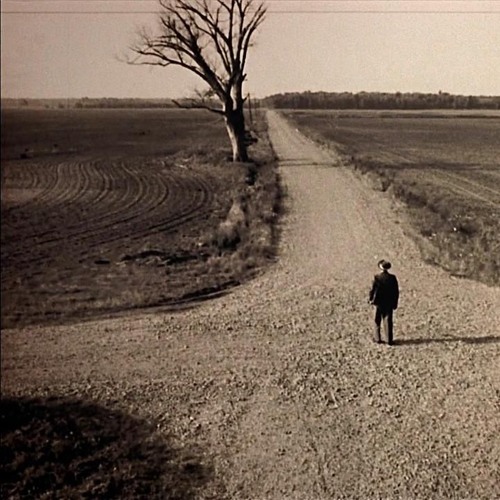

He published three books as Dan Chernenko (the Scepter of Mercy series). Turteltaub" ( Turteltaube means turtle dove in German). Turtledove has recently begun publishing historical novels under the pseudonym "H.N. That year he published Herbig-Haro and And So to Bed under his real name. Another early pseudonym was "Mark Gordian." He continued to use the "Iverson" name until 1985. Iverson." Turtledove later explained that his editor at Belmont Tower did not think people would believe the author's real name was "Turtledove" and came up with something more Nordic. In 1979, Turtledove published his first two novels, Wereblood and Werenight, under the pseudonym "Eric G. His dissertation was titled The Immediate Successors of Justinian: A Study of the Persian Problem and of Continuity and Change in Internal Secular Affairs in the Later Roman Empire During the Reigns of Justin II and Tiberius II Constantine (AD 565–582). He was educated in local public schools in early life.Īfter dropping out during his freshman year at Caltech, Turtledove attended UCLA, completing his undergraduate degree and receiving a Ph.D. His paternal grandparents, who were Romanian Jews, had first emigrated to Winnipeg, Manitoba, before moving to the U.S. This short story contains ideas which were later more developed in the Worldwar series, in which the invading aliens have an initial technological edge that is soon surpassed by human ingenuity and innovation.Turtledove was born in Los Angeles, California on June 14, 1949, and grew up in Gardena, California. It is a prequel story to "Herbig-Haro"-set several centuries after humanity has conquered the Orion Arm of the Milky Way- published a year before under the name "Eric Iverson". The story was first published in Analog Science Fiction in 1985.

Unlike the broad reaching implications of the technology that Earth has developed, the gravity manipulation has no other uses.Īs Togram and another Roxolani captive realize that they have now given a far more advanced civilization the means to travel to countless worlds, the story closes with the two asking themselves, "What have we done?" In contrast, humanity somehow missed developing gravity technology and advanced further technologically. However, adopting the technology allowing for interstellar travel (and wars of conquest on a galactic scale) stifles further technological development as all the creative energies of societies that find it go into perfecting it.

This enabled them to engage in wars of conquest on a galactic scale. When they are interrogated, the truth becomes evident: the method of manipulating gravity is absurdly simple, and species like the Roxolani are thus able to use faster than light travel with relatively primitive technological sophistication. The battle is short, and most of the invaders are killed. Humans retaliate with automatic weapons and missiles. But as they begin their assault, things take a turn for the absurd-the Roxolani attack with matchlock weapons and black powder explosives. Humanity is awed by the invaders, as the maneuverability granted by that technology suggests the rest of their civilization is equally impressive. The Roxolani anticipate a simple and rewarding campaign, as they can detect no use of gravity manipulation, the cornerstone of their civilization. During a routine journey of conquest, they happen upon Earth. The story is told through limited third person point of view, with most of the story concerning a single Roxolani captain, Togram. Turtledove wrote a sequel, a short story entitled "Herbig-Haro". "The Road Not Taken" is a science fiction short story by American writer Harry Turtledove, set in 2039, in which he presents a fictitious account of a first encounter between humanity and an alien race, the Roxolani. 1985 short story by Harry Turtledove The Road Not Taken


 0 kommentar(er)
0 kommentar(er)
